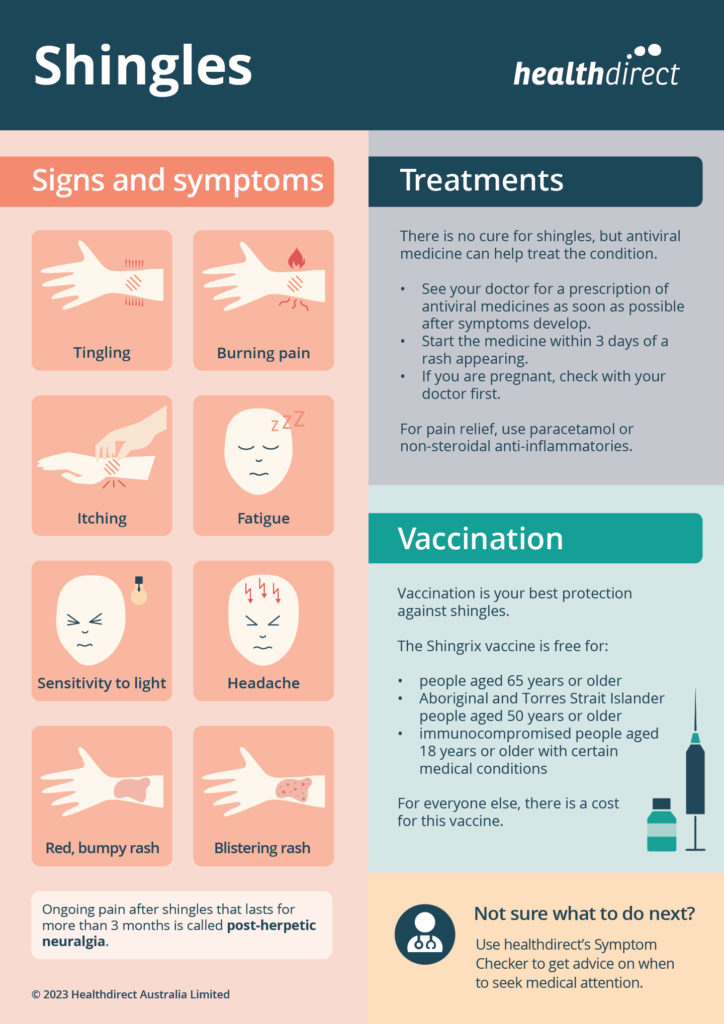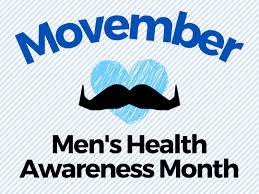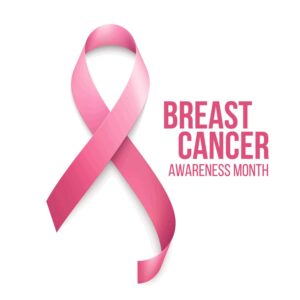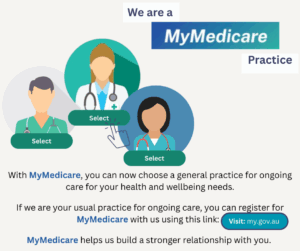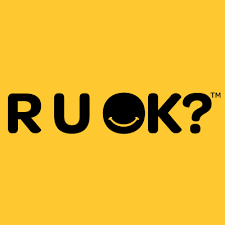Research shows that about 1 in 3 people will develop shingles in their lifetime.
The Shingles virus (Varicella Zoster virus) is the same virus that causes chickenpox. It lies dormant within a person’s nerve cells and can reactivate, especially affecting adults 50 years and over. Usually, people have shingles only once in their lives. But sometimes, especially if you have a weakened immune system, you might get repeat infections.
Shingles typically causes a painful skin rash often with blisters. It erupts in a strip along a nerve path. The most common places are the chest and abdomen. If it occurs on the head, face and neck, it can affect hearing and eyesight.
The pain is often described as aching, burning, stabbing and can interrupt your activities of daily living, having a significant affect on peoples quality of life. Other symptoms may include headache, light sensitivity, and a general feeling of being unwell.
It is not contagious unless someone who isn’t protected against chickenpox comes into direct contact with the shingles blisters. They could then get chickenpox.
After the rash settles, the most common complication of shingles is post-herpetic neuralgia (PHN). This is nerve pain that persists after the shingles rash has healed. It can last for months or even years in the same area where you had the shingles. The pain becomes more severe with age.
Getting vaccinated against shingles reduces your chance of developing the condition. The good news is the Shingles vaccine is now recommended and free for eligible people including the following:
- everyone aged 65 years and over
- people aged 18 years and over who are immunocompromised (weakened immune system)
- Aboriginal people aged 50 years and over
For further information about the shingles vaccination please make an appointment with your GP to discuss.


